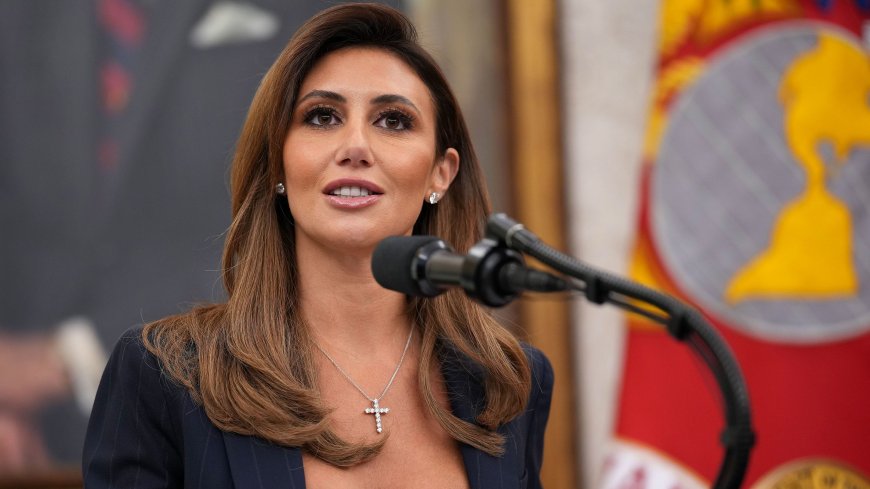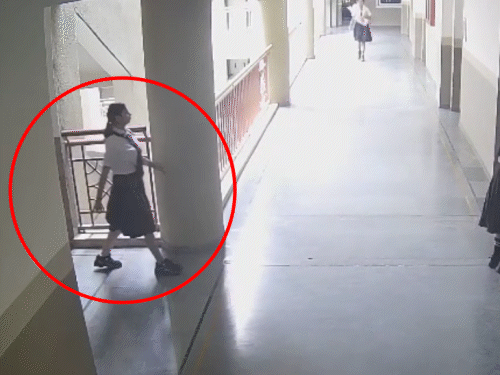Partisan Power Play Undone: Judge Rules Alina Habba Was Unlawfully Acting U.S. Attorney in New Jersey
A federal judge ruled Alina Habba, former Trump personal lawyer, was unlawfully serving as acting U.S. Attorney for New Jersey. She’s disqualified from federal cases pending appeal.

Friday, August 22, 2025 — Trenton, New Jersey
A federal judge has delivered a sharp rebuke to the Trump administration’s maneuver to place Alina Habba—former personal attorney to Donald Trump—as acting U.S. Attorney for the District of New Jersey. U.S. District Judge Matthew Brann concluded that Habba’s continued tenure “without lawful authority” violates federal law and ordered her disqualified from overseeing federal cases.
The Court’s Declaration: A Legal Misstep
Judge Brann’s ruling underscores that Habba’s interim appointment expired on July 1, after the 120-day limit allowed by statute. Rather than seeking Senate confirmation, the Justice Department sidestepped the process—first by rejecting the court-appointed successor, then reassigning Habba as “first assistant” and effectively reinstalling her in charge. Brann ruled this workaround unconstitutional.The Washington PostThe Times of India
Although the judge has stayed implementation of his order to give the Justice Department time to appeal, he has firmly barred Habba from participating in any ongoing prosecutions. He emphasized that an executive branch cannot bypass congressional confirmation through clever title-switching—an act that jeopardizes the checks and balances central to U.S. governance.The Washington Post
Fallout in New Jersey: Cases in Limbo, Justice in Question
The ruling immediately throws a wrench into ongoing federal cases in New Jersey. Prosecutors must now determine which indictments or filings are invalid due to Habba’s improper authority. For defendants, this ruling represents a rare judicial intervention that safeguards procedural regularity.
Defense attorneys welcomed the ruling as a victory for due process, with one calling it, “a clear statement that power without legal foundation has no place in the justice system.”Reuters
A Broader Pattern of Executive Overreach
Habba’s case isn’t an anomaly—the Justice Department has used similar tactics in states like California, Arizona, and New York to retain loyalists in interim prosecutorial roles without navigating the Senate confirmation process. Observers warn such moves chip away at institutional norms and erode judicial independence.
The court’s decision, grounded in a strict interpretation of federal appointment law, may serve as a warning in future judicial challenges.Wall Street Journal
What Comes Next: Appeals and Institutional Tension
The Justice Department wasted no time announcing its intent to appeal. Attorney General Pam Bondi defended Habba’s performance, calling her removal “an activist judicial overreach,” and pledged to mount a vigorous legal defense.
Meanwhile, prosecutors will likely pause sensitive operations pending clarity on who has lawful prosecutorial authority. The New Jersey U.S. Attorney’s Office, already embroiled in political controversy, now faces institutional uncertainty that could affect case outcomes and public trust.
What's Your Reaction?
 Like
0
Like
0
 Dislike
0
Dislike
0
 Love
0
Love
0
 Funny
0
Funny
0
 Angry
0
Angry
0
 Sad
0
Sad
0
 Wow
0
Wow
0








































































